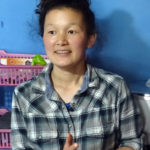 By Dorji Bidha, a Bhutanese culture and trekking guide, and Bhutan Homestay host in Drukgyel, Paro. The following is her personal account on name giving traditions in her village.
By Dorji Bidha, a Bhutanese culture and trekking guide, and Bhutan Homestay host in Drukgyel, Paro. The following is her personal account on name giving traditions in her village.
Today at my home we still practice our old tradition of the mother naming her babies since in Buddhism we believe that mothers are the universe.
Like names anywhere in the world, Bhutanese names are also given to each person for the purpose of identification. Here in my village we have a bunch of unique names to give, but they differ completely from one generation to the next. Our ancestors had names like Jaku and Jakum (a baby boy and girl born inside a cave), Dhotam is a girl born on a flat rock, Jayso and Jaysom (named after being kept inside a drey, a traditional measuring container, right after birth for the purpose of purification), and Bow is given to someone who has a goiter later in their life (names can change during a life time). Kuchu and Kuchum, Oko and Oko Dem, meanwhile, are preferred for those who have a large and unusual-looking forehead. Others got their names according to the season of the year, natural calamities, day and night, date and month, etc.
Who names the newborn babies
In Bhutanese tradition, all these names should be given by religious persons like a Lama, a monk or a blessed layman. At our home, my grandmother would get help from our aunt who is a nun, and they will discuss with a highly respected Lama and name the baby in accordance with the baby’s birth horoscope. Thus, the names have spiritual significance. However most names in our village are also based on the local deities names. For instance, Chen Tsheri, Chundu Tseri, Dolay Bidha are names derived from local deities. Also a few names are based on historic Buddhist persons or principles, for example Ugay Nob the saint Guru Pemajurney, and Nob the precious jewel. Similarly, Tseri refers to long life and Dorji means state of indestructibility.
Mothers are the universe
Today at my home we still practice our old tradition of the mother naming her babies since in Buddhism we believe that mothers are the universe. Our uncles from our mother’s side (Azha) can also name us since maternal uncles are considered second mothers in the absence of parents.
Adopting new name giving traditions
Until approximately the 1990s most Bhutanese had only one single name like those I mentioned earlier, Bokhu, Jaku, Kuchum and so on, with a few exceptions. Only relatively recently did Bhutanese names begin to become a combination of two names, like Chen Tseri and Dolay Bidha, and nowadays people tend to have even three names, Karma Sonam Dorji, for example. Karma is the first name, which is gender neutral; Sonam, the second name, is indicative of the gender; and Dorji is attached from their father’s name.
Women empowerment?
We have never had a tradition of adding our husband’s or father’s name to our names, however suddenly I see Bhutanese women taking pride in adding their husband’s name, which I find quite saddening. To me it feels like they are then living according to someone else’s standard rather than their own, when they should stay proud of their own names and the powerful and historic stories that they tell.


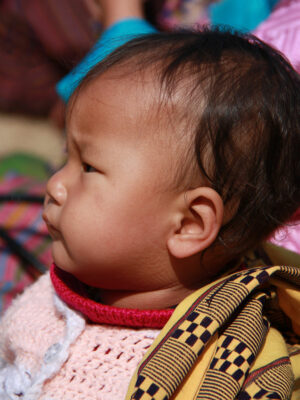
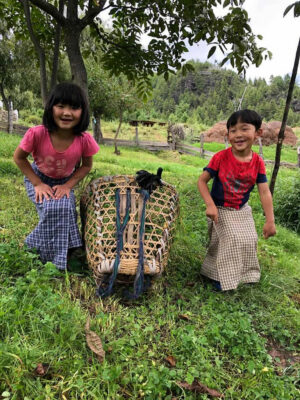
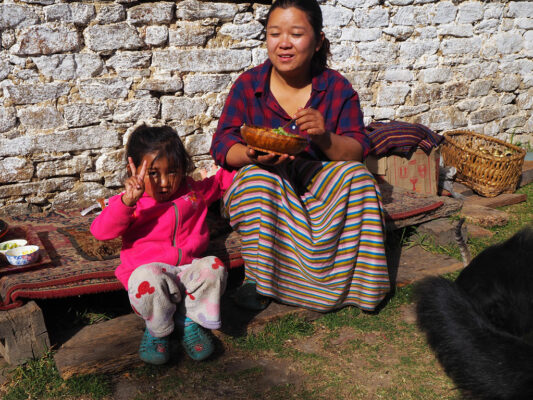
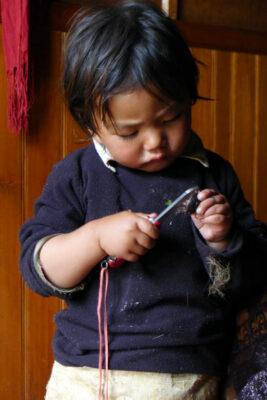
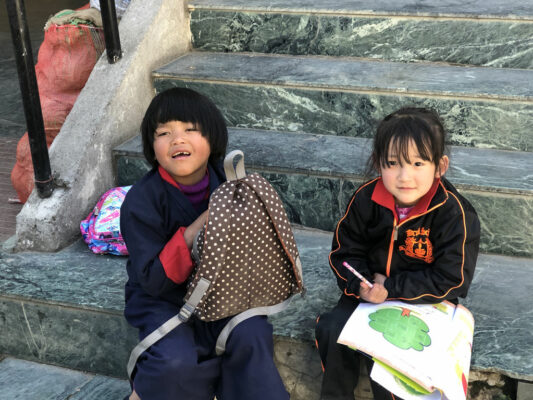
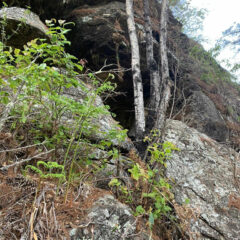
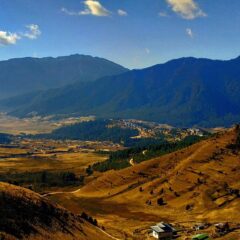
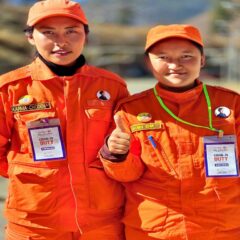
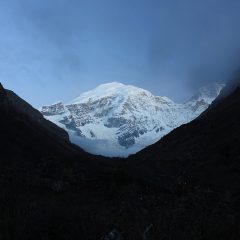
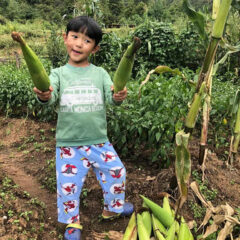
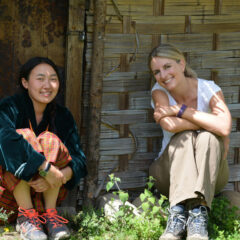
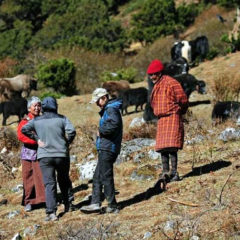
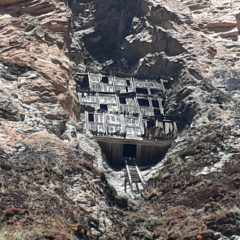
Leave a Reply